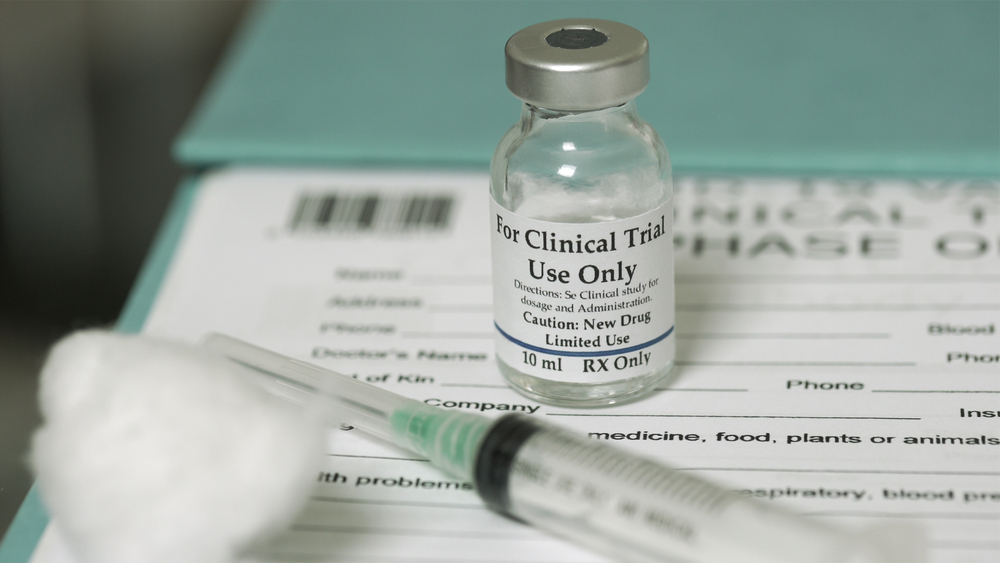In the intricate tapestry of medical advancement, clinical trials emerge as the vibrant threads weaving the future of patient care. But as with any pivotal endeavor, the threads of clinical trials come in both luminous shades of potential advantages and shadowed hues of challenges. At Acenth, our commitment to progress isn’t blind. Instead, we champion a holistic understanding for healthcare professionals to decipher the complexities of clinical trial participation.
Illuminating the Horizon: The Potential Advantages
1. Pioneering Pathways to Progress Clinical trials are the torchbearers of medical innovation. By participating, healthcare professionals place themselves at the forefront, witnessing and contributing to the evolutionary strides in treatments, diagnostic tools, and care procedures.
2. Elevated Patient Care As therapeutic regimens progress, so does the potential to offer patients groundbreaking treatments not yet available to the wider public. This not only expands therapeutic options but can also be a beacon of hope for those facing limited traditional treatment avenues.
3. Fostering Global Collaborations Engaging in clinical trials bridges the gap between isolated medical practice and a global community of researchers, institutions, and biotech firms. The collaborative synergy amplifies both individual insights and collective knowledge.
4. An Ongoing Learning Odyssey In the realm of medicine, stagnation isn’t an option. Clinical trial participation ensures healthcare professionals remain attuned to the evolving nuances of their specialty, fostering a culture of perpetual learning.
Navigating the Shadows: Potential Pitfalls
1. Ethical Quandaries The intersection of progress and patient well-being can sometimes be fraught with ethical dilemmas. Ensuring informed consent, understanding potential risks, and balancing hope against realistic outcomes remain perpetual challenges.
2. Time Intensity Clinical trials aren’t fleeting engagements. They demand a substantial investment of time, from initial screening to post-trial follow-ups. This extended commitment might strain existing clinical responsibilities.
3. Emotional Dynamics Witnessing firsthand the ebb and flow of trial outcomes—where success stories are often paralleled with setbacks—can be emotionally taxing. Healthcare professionals must be equipped with both clinical acumen and emotional resilience.
4. Resource Implications Whether it’s infrastructural adjustments or additional personnel training, clinical trials come with overheads. While many of these costs are offset by funding, the initial resource reshuffling can be challenging.
5. Evolving Guidelines Regulatory landscapes, both national and international, are continually shifting. Ensuring compliance, understanding guidelines, and adapting to changes can sometimes feel like navigating a labyrinth.
Synthesizing Perspectives: Balancing the Scale
Every decision in the medical sphere is a delicate dance between potential and challenge, and clinical trials are no different. The key lies not in shying away from the pitfalls but in understanding them—acknowledging the shadows while being guided by the luminance of possibilities.
Chart Your Journey with Acenth
Acenth stands as a compass for healthcare professionals pondering the waters of clinical trial participation. Join us as we chart the territories, weigh the scales, and pioneer paths of progress. Let’s not just witness the future of healthcare; let’s sculpt it, hand in hand, with informed choices and collaborative endeavors.
Sources
- “The Role of Clinical Trials in Advancing Medical Knowledge.” World Health Organization (WHO).
- “Ethical Considerations in Clinical Research.” International Council for Harmonisation of Technical Requirements for Pharmaceuticals for Human Use (ICH).
- “Understanding the Dynamics of Clinical Trials.” The Global Clinical Professionals Organization.






















